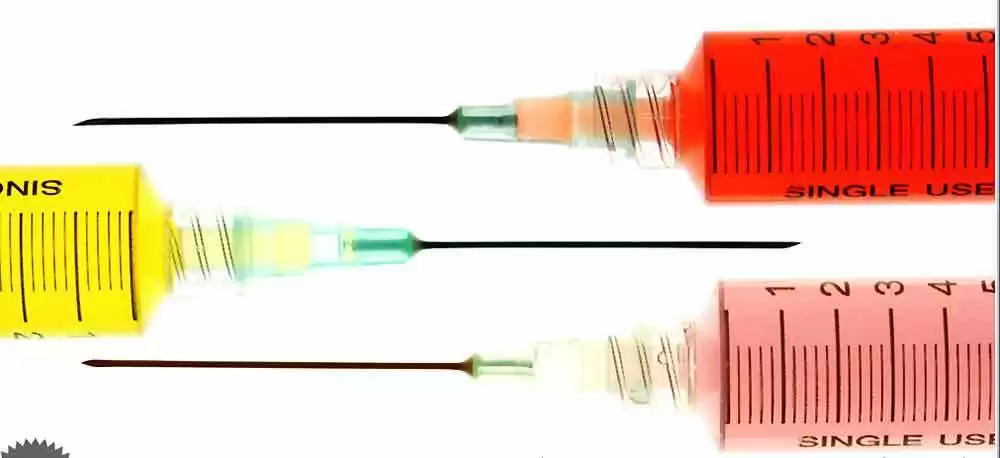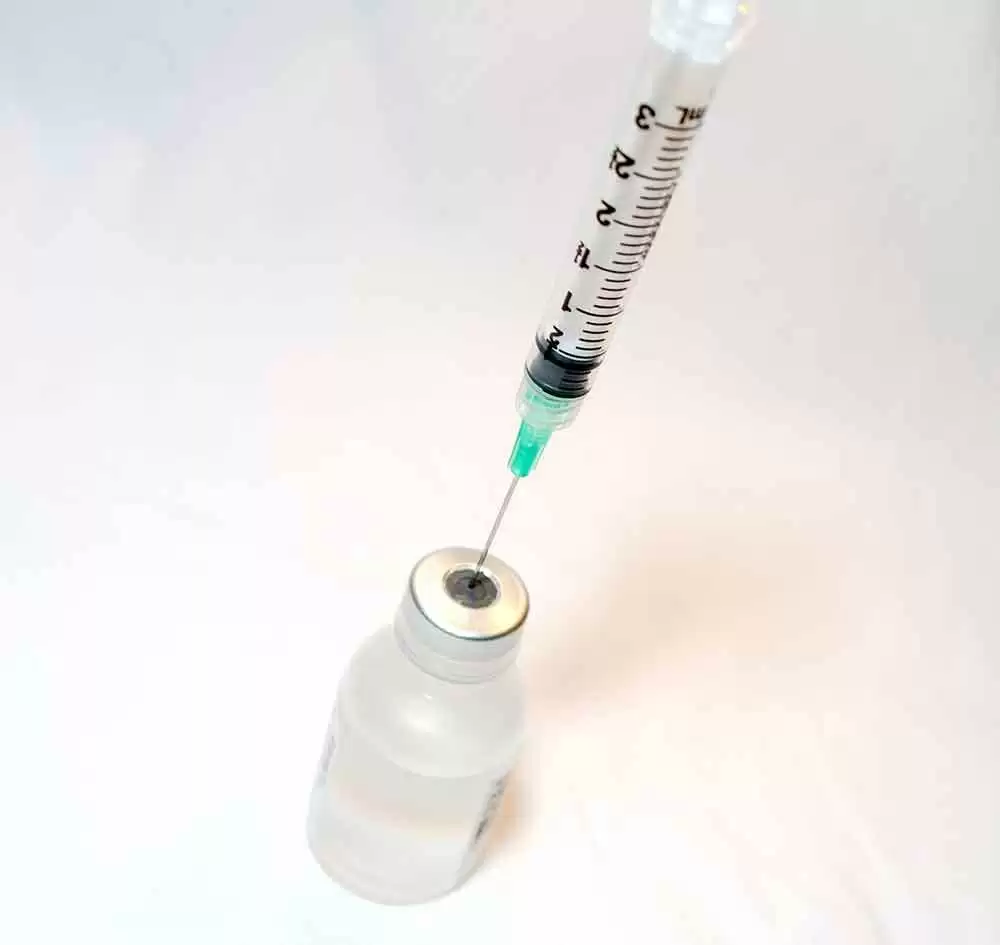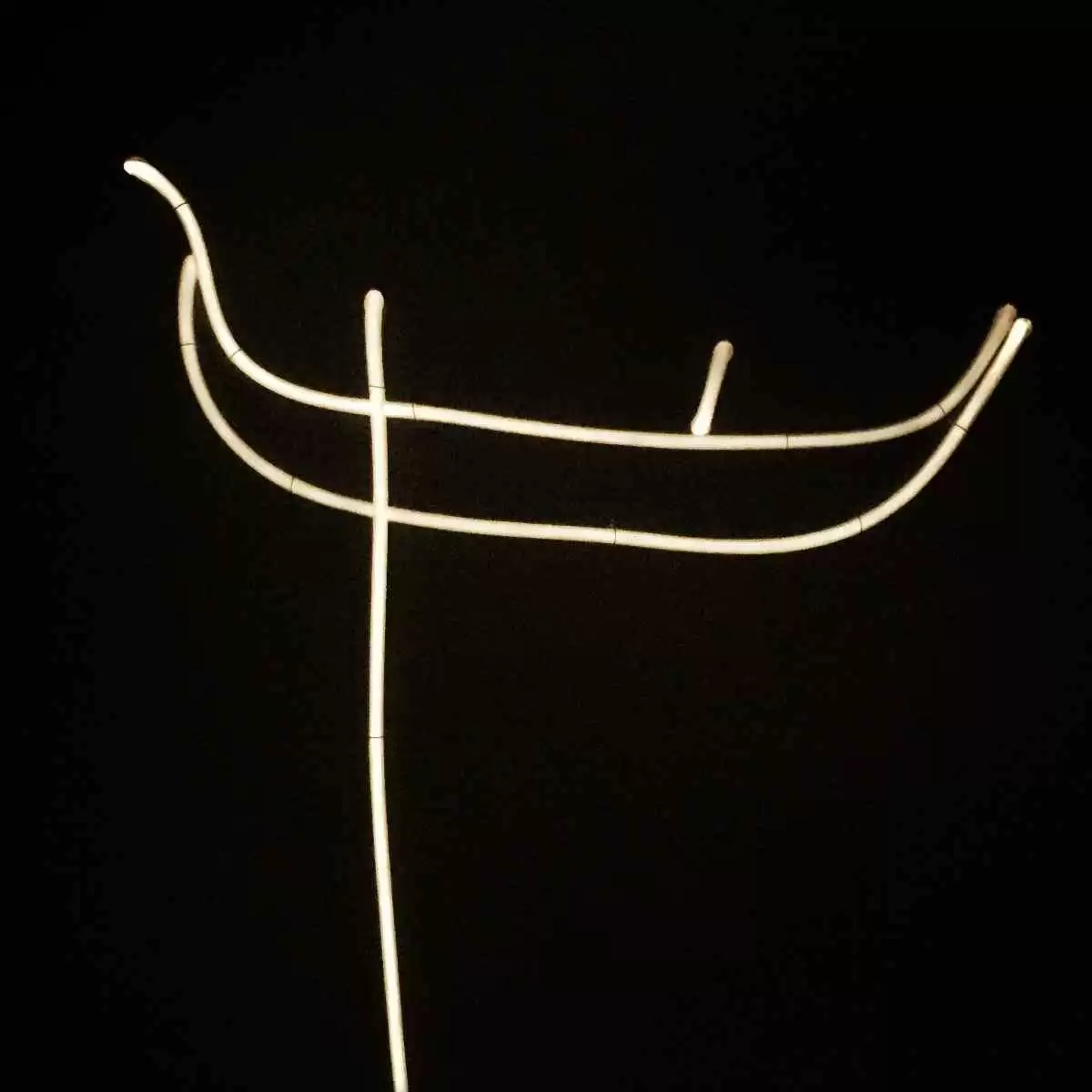
Celiac.com 11/21/2022 - Following a gluten-free diet for life can be difficult, Most celiacs on a gluten-free diet get exposed to gluten on a regular basis, especially if they eat in restaurants. Currently, a gluten-free diet is the only effective treatment for celiac disease. Because of this, there is substantial interest in drug therapies that can help to protect celiacs on a gluten-free diet, and, ideally, free them from a strict gluten-free diet.
There are a number of drugs still in the pipeline that promise the former, at least. So what's the status of the multiple new therapies that are under investigation? To answer this question, a team of researchers recently set out to review existing and upcoming clinical trial programs for pharmacologic agents for celiac disease.
Celiac.com Sponsor (A12):
The team conducted a narrative review using searches of MEDLINE, Embase, the Cochrane CENTRAL Library and clinicaltrials.gov. In their review, the team summarizes the pathophysiology of celiac disease, and the specific steps that might help to speed pharmacologic treatment. They also assess the evidence in support of current and future drug targets, including trials of peptidases, gluten sequestrants, tight junction regulators, anti-transglutaminase 2 therapies, immune tolerizing agents, advanced biologics and small molecules, and microbiome-targeted strategies.
The team also spotlights the special challenges of conducting celiac disease trials, including identifying appropriate study populations, assessing results in the context of a gluten challenge, and interpreting celiac disease-specific clinical and histologic outcomes.
Understanding these factors is crucial for accurately appraising the evidence. Finally, they outline what the future of celiac disease therapy may hold with the introduction of viable drug treatments.
There is a definite need for drug options for treating celiac disease, either for accidental or intentional gluten exposures, as part a gluten-free diet, or for refractory disease.
The big takeaway, is that, according to the team's reading of the data, multiple promising celiac disease drug therapies are in development, and these trials are likely to lead to approvals for the first generation of pharmacologic agents for celiac disease within the next 5 years.
Color us skeptical, but that seems a pretty bullish view, especially given the crowded graveyard of once seemingly promising celiac drug therapies, especially the very recent demise of the highly touted Larazotide. Basically, we'll believe in successful drug treatments for celiac disease when we see a successful product make it to celiacs. Meanwhile, stay tuned for more on this and related stories.
Read more in Aliment Pharmacol Ther. 2022;55(10):1277-1296
The research team included Michael Klonarakis, Christopher N. Andrews, Maitreyi Raman, Remo Panaccione and Christopher Ma. They are variously affiliated with theDepartment of Medicine, University of Calgary, Calgary, Alberta, Canada; the Division of Gastroenterology & Hepatology, University of Calgary, Calgary, Alberta, Canada; the Alberta's Collaboration of Excellence for Nutrition in Digestive Diseases, Calgary, Alberta, Canada; and the Department of Community Health Sciences, University of Calgary, Calgary, Alberta, Canada.










Recommended Comments
Create an account or sign in to comment
You need to be a member in order to leave a comment
Create an account
Sign up for a new account in our community. It's easy!
Register a new accountSign in
Already have an account? Sign in here.
Sign In Now